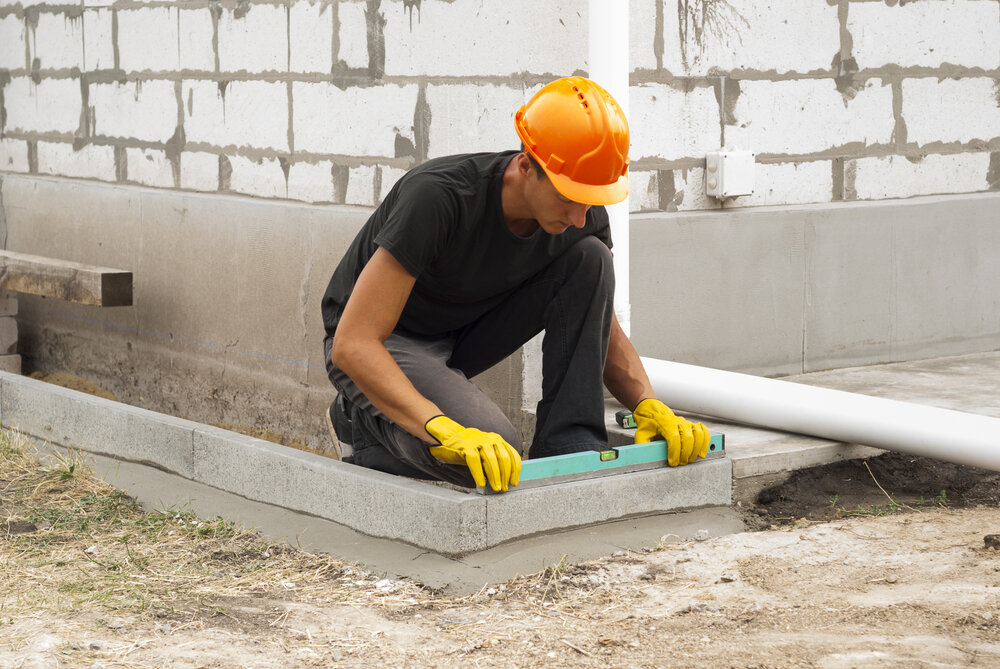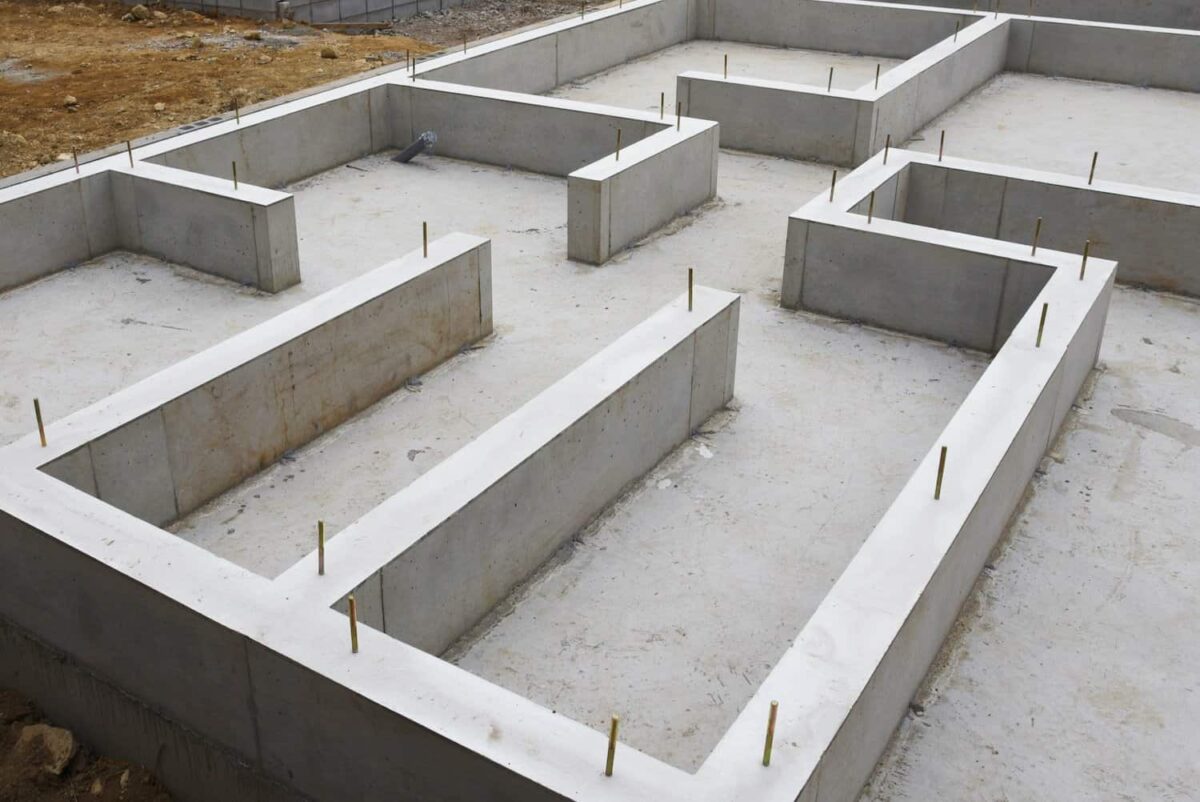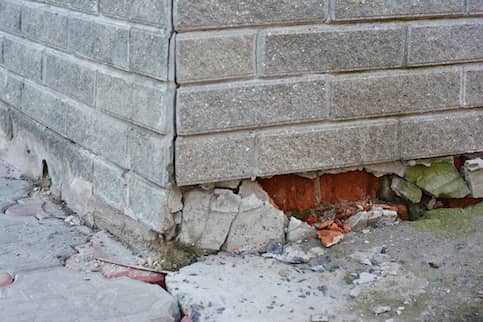Your foundation is one of the most critical components of your home or commercial building. A strong, well-maintained foundation ensures the stability and longevity of the entire structure. Neglecting foundation maintenance can lead to severe problems that are often expensive and time-consuming to repair. To help you protect your investment, we’ve compiled a comprehensive guide with essential foundation maintenance tips. By following these guidelines and considering professional services, you can keep your foundation in excellent condition for years to come.
1. Regular Inspections
Regular inspections are crucial for identifying potential issues early. At least twice a year, walk around your property and look for visible signs of foundation problems, such as cracks in the walls, uneven floors, or doors and windows that stick. Pay special attention to the exterior of your foundation, checking for cracks, gaps, or signs of settling.
2. Monitor Moisture Levels
Moisture is one of the most significant factors affecting the health of your foundation. Too much moisture can lead to soil expansion, causing the foundation to shift. On the other hand, too little moisture can cause the soil to contract, leading to settling and cracks. To maintain optimal moisture levels, ensure proper drainage around your property. Clean your gutters regularly and direct downspouts away from the foundation. Installing a drainage system can also help manage excess water effectively.
3. Proper Landscaping
The landscaping around your home plays a crucial role in foundation maintenance. Plant trees and shrubs at least a few feet away from the foundation to prevent roots from causing damage. Avoid planting large trees too close to your home, as their roots can grow underneath the foundation and lead to structural issues. Additionally, ensure that the ground slopes away from the foundation to prevent water from pooling around it.
4. Maintain Consistent Temperature and Humidity
Extreme temperature fluctuations and humidity levels can affect the soil around your foundation. During hot, dry seasons, the soil can shrink, causing the foundation to settle. In contrast, during wet seasons, the soil can expand, leading to foundation heave. To combat these issues, consider using a soaker hose around the perimeter of your foundation during dry periods to maintain consistent moisture levels. In humid areas, a dehumidifier can help control indoor humidity levels and prevent moisture-related problems.
5. Address Cracks Promptly
Cracks in your foundation are often the first visible sign of trouble. While small, hairline cracks are typically not a cause for concern, larger cracks or cracks that widen over time can indicate a more serious issue. If you notice significant cracks, it’s essential to address them promptly. Use epoxy or polyurethane injection to fill small cracks, preventing water infiltration. For larger cracks, consult a professional foundation contractor to assess the problem and recommend the best course of action.
6. Ensure Proper Drainage
Proper drainage is vital for foundation maintenance. Water pooling around the foundation can lead to soil erosion and increased pressure on the foundation walls. To ensure proper drainage, check that your gutters and downspouts are functioning correctly and direct water at least five feet away from the foundation. Consider installing a French drain or a sump pump system to manage excess water effectively.
7. Control Watering Practices
Overwatering your lawn and garden can lead to excess moisture around your foundation, causing soil expansion and potential foundation issues. To avoid this, water your plants and lawn moderately and ensure that water does not accumulate near the foundation. Using a soaker hose can help distribute water evenly and prevent oversaturation.
8. Install Proper Foundation Insulation
Insulating your foundation can help regulate temperature and moisture levels, reducing the risk of damage. Foundation insulation can also improve energy efficiency by preventing heat loss and reducing heating and cooling costs. Consult with a foundation maintenance expert to determine the best insulation options for your specific needs.
9. Address Plumbing Leaks
Plumbing leaks, particularly those under your foundation, can cause significant damage if left unaddressed. Leaking pipes can saturate the soil, leading to soil expansion and foundation movement. Regularly inspect your plumbing system for leaks and address any issues promptly. If you suspect a leak under your foundation, contact a professional plumber to locate and repair the problem.
10. Hire a Professional Foundation Contractor
While many foundation maintenance tasks can be performed by homeowners, some issues require the expertise of a professional foundation contractor. Hiring a professional ensures that potential problems are identified and addressed correctly, preventing further damage and costly repairs. A foundation contractor can provide comprehensive inspections, repair services, and maintenance plans tailored to your property’s specific needs.
Why Choose Us for Your Foundation Maintenance Needs?
At [Your Company Name], we specialize in providing top-notch foundation maintenance services to protect your investment. Our team of experienced professionals is dedicated to ensuring the stability and longevity of your foundation. Here’s why you should choose us:
- Expertise: Our foundation contractors have years of experience in the industry, equipped with the knowledge and skills to handle all aspects of foundation maintenance and repair.
- Comprehensive Services: From regular inspections to advanced repair techniques, we offer a full range of foundation maintenance services to keep your property in excellent condition.
- Customized Solutions: We understand that every property is unique. Our team works closely with you to develop customized maintenance plans that address your specific needs and concerns.
- Quality Assurance: We use only the highest quality materials and state-of-the-art equipment to ensure lasting results. Our commitment to excellence guarantees your satisfaction.
- Customer Support: Our friendly and professional customer support team is always available to answer your questions and provide assistance throughout the maintenance process.
Conclusion
Proper foundation maintenance is essential for protecting your investment and ensuring the long-term stability of your property. By following these tips and considering professional services, you can prevent common foundation problems and address issues before they become significant. Regular inspections, proper drainage, consistent moisture levels, and prompt repairs are key components of effective foundation maintenance.
Don’t wait until foundation issues become costly and disruptive. Contact [Your Company Name] today to schedule a comprehensive foundation inspection and learn more about our maintenance services. Let us help you safeguard your investment and maintain the structural integrity of your property for years to come.





